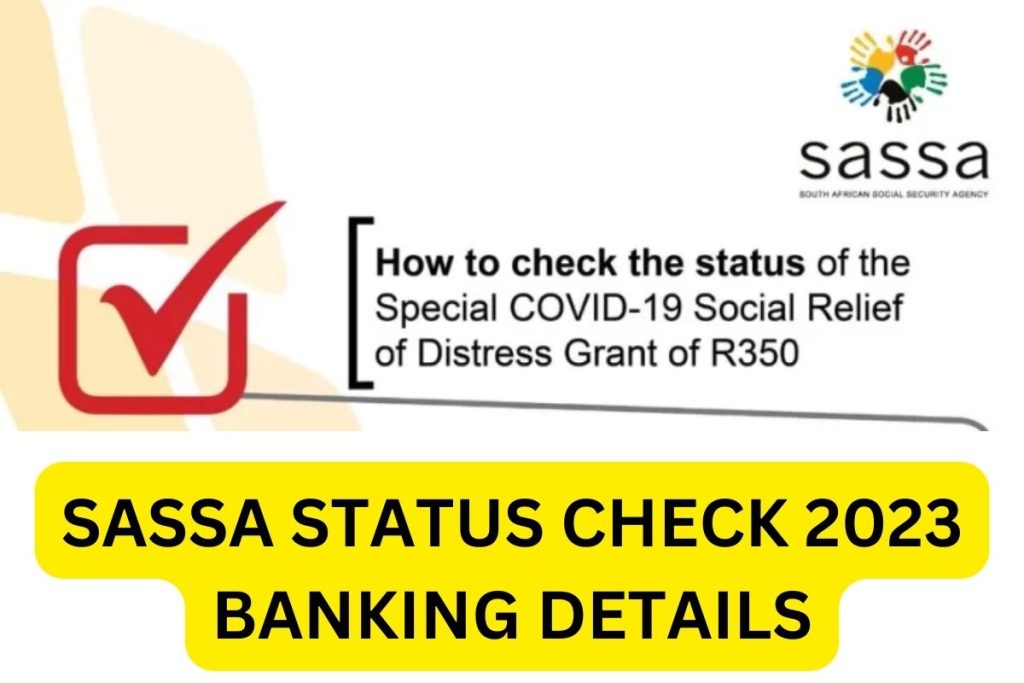When individuals experiencing homelessness or at risk of homelessness seek assistance through the SSI/SSDI Outreach, Access, and Recovery (SOAR) program, it’s common for them to have previously filed applications for Supplemental Security Income (SSI) or Social Security Disability Insurance (SSDI). SOAR workers play a crucial role in navigating these prior applications and ensuring a smooth process for their clients.
Checking for Prior or Pending Applications
Clients may not always remember if they have recently applied for SSI or SSDI, or if they have an application pending at the initial or appeals level. To address this, SOAR practitioners can request information from the Social Security Administration (SSA) using the SSA-3288: Consent for Release of Information form.
This form allows SOAR workers to inquire about:
- Pending SSI/SSDI claims, claim level, and file dates
- Denied claims, claim level, denial dates, and reasons for denial
- SSI/SSDI allowances and eligibility dates
It’s important to note that the SSA may charge a fee for releasing information for non-program purposes, so SOAR practitioners should discuss this with their local SSA office and explain the needs of their program and the individuals they serve.
The Importance of Prior Application Information
Obtaining information about prior applications is crucial for several reasons:

- Addressing Reasons for Denial: By understanding the reasons for previous denials, SOAR workers can address those issues in a new application, strengthening the case for approval.
- Identifying Missing Documentation: Knowing which records were submitted in prior applications allows SOAR workers to explore new sources of information and provide additional documentation to fill any gaps.
- No Limitations on Reapplying: There are no restrictions on how many times an individual can apply for SSI or SSDI, so multiple prior applications and denials should not be a concern.
Handling Pending Applications
If a client has an application currently pending, SOAR practitioners should submit the SSA-1696: Appointment of Representative form. This form allows them to communicate with the SSA about the claim moving forward.
Initial and Reconsideration Level
If the pending application is at the initial or reconsideration level, SOAR workers should:
- Find out if the application is still at the SSA field office or if it has been transferred to the Disability Determination Services (DDS) for medical review.
- If the application is at DDS, contact them to obtain the name and phone number of the assigned examiner.
- The DDS examiner can provide information on the case’s development status and whether additional information or a Medical Summary Report can still be submitted.
Administrative Law Judge (ALJ) Level
If the pending application is at the Administrative Law Judge (ALJ) hearings level of appeal, SOAR workers should:
- Contact the local Office of Hearings Operations (OHO), which can be found using the SSA Hearing Office Locator.
- If there is additional information or diagnoses not known at the time of earlier decisions, request an On the Record Review and compile the new details in an updated Medical Summary Report.
- If the applicant is denied in the On the Record Review, they will simply wait for an in-person hearing to be scheduled.
If the agency does not provide assistance with ALJ appeals, SOAR workers should refer the client to Legal Aid, Legal Services, or another pro bono legal service for representation.
Working with an Attorney
If the applicant has an attorney, SOAR workers should:
- Obtain a signed release of information from the client to communicate with the attorney about the case.
- Inform the attorney if the applicant is homeless or has received an eviction notice, and request an expedited hearing.
- Address any concerns about the attorney’s representation by contacting the local protection and advocacy agency.
- If additional information or diagnoses are available, ask the attorney to request a review on record and share the new information with their permission.
Making the Decision: Proceed or Start Fresh?
SOAR practitioners must discuss with the applicant whether to proceed with a pending application or file a new one. Proceeding with the pending application may not allow enough time to gather additional medical evidence and write a thorough Medical Summary Report.
While filing a new application means giving up the current protective filing date, which affects potential back-pay, it also provides a fresh start. If a prior application is denied, an appeal can always be filed.
If unsure, SOAR workers should discuss the options with the applicant and a representative at the local SSA office to determine the best course of action.
Best Practices for Google’s EAT and NLP Guidelines
In today’s digital landscape, creating high-quality content that resonates with both users and search engines is essential. Google’s EAT (Expertise, Authoritativeness, and Trustworthiness) and NLP (Natural Language Processing) guidelines provide a roadmap for crafting compelling and authoritative content. By adhering to these best practices, you can enhance your online presence, cultivate trust with your audience, and improve your search engine rankings.
Building Authority through Official Links
Establishing authority is crucial for gaining credibility and trust with your audience. One effective way to achieve this is by incorporating official links from reputable sources within your content. These links not only provide additional context and support for your claims but also demonstrate your commitment to citing authoritative references.

When including links, prioritize sources such as government websites, academic institutions, and well-respected organizations within your industry. This practice reinforces the validity of your information and enhances the overall quality of your content.
Optimizing for Users with Useful Information
While keyword optimization is important, it should never come at the expense of providing valuable and useful information to your readers. Google’s algorithms are designed to prioritize content that genuinely meets the needs and interests of users.
Focus on creating comprehensive, well-researched, and insightful content that addresses the queries and pain points of your target audience. Strive to provide actionable advice, practical tips, and in-depth analysis that sets your content apart from the competition.
Cultivating Trust with Accurate and Secure Content
Trust is the cornerstone of a successful online presence. To cultivate trust with your audience, ensure that your content is accurate, up-to-date, and free from errors. Double-check facts, statistics, and references to maintain the integrity of your information.
Additionally, prioritize security measures to protect your website and your users’ data. Implement SSL/TLS encryption, regularly update your software and plugins, and follow industry-standard security practices. This not only enhances user trust but also contributes to a positive overall experience.
Using Unique, Descriptive Titles and Headings
Compelling titles and headings play a crucial role in capturing the attention of both users and search engines. Craft unique and descriptive titles that accurately reflect the content of your pages and entice readers to explore further.
Similarly, strategic use of headings can improve the readability and structure of your content. Use clear, descriptive headings that organize your content logically and make it easier for readers to navigate and understand your key points.
Writing Clearly, Accurately, and Organizing Content Logically
Clarity and accuracy are essential components of high-quality content. Strive to write in a clear and concise manner, using language that is easy to understand for your target audience. Avoid jargon or overly complex terminology unless it is necessary and properly explained.
Additionally, organize your content logically to ensure a smooth flow and coherence throughout. Use transitional phrases, subheadings, and visual elements (such as images or infographics) to break up text and guide readers through your content seamlessly.
Including Common FAQs Based on Search Queries
Incorporating frequently asked questions (FAQs) into your content can be an effective way to address common user queries and provide value to your audience. Monitor search trends and analyze the questions people are asking related to your topic or industry.
By including these FAQs within your content, you can directly address the pain points and concerns of your target audience, positioning yourself as a knowledgeable and trustworthy resource.
